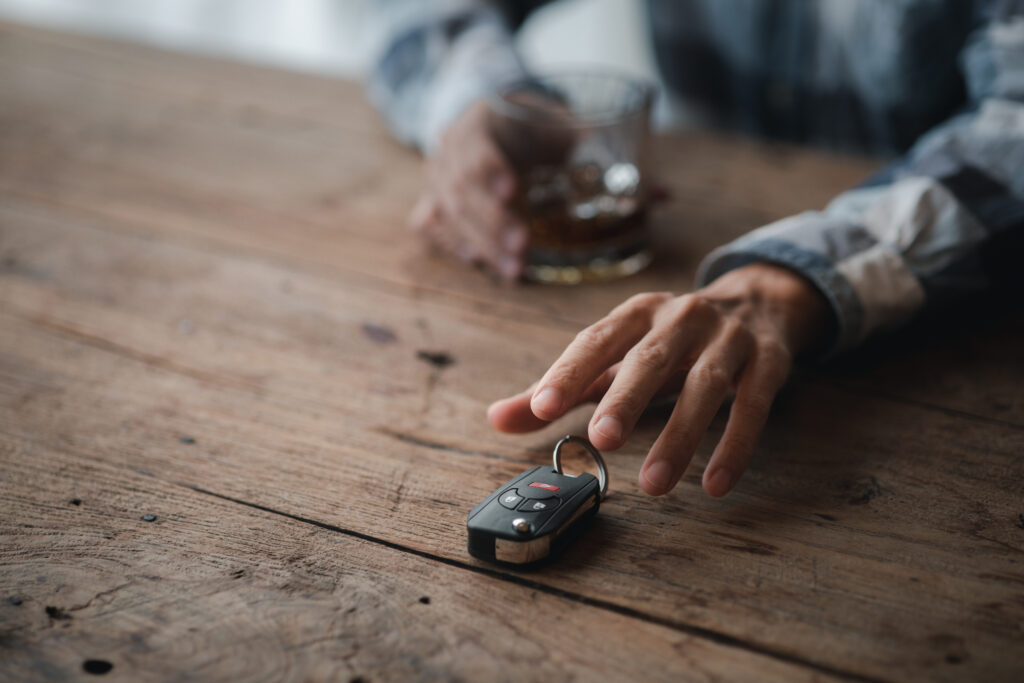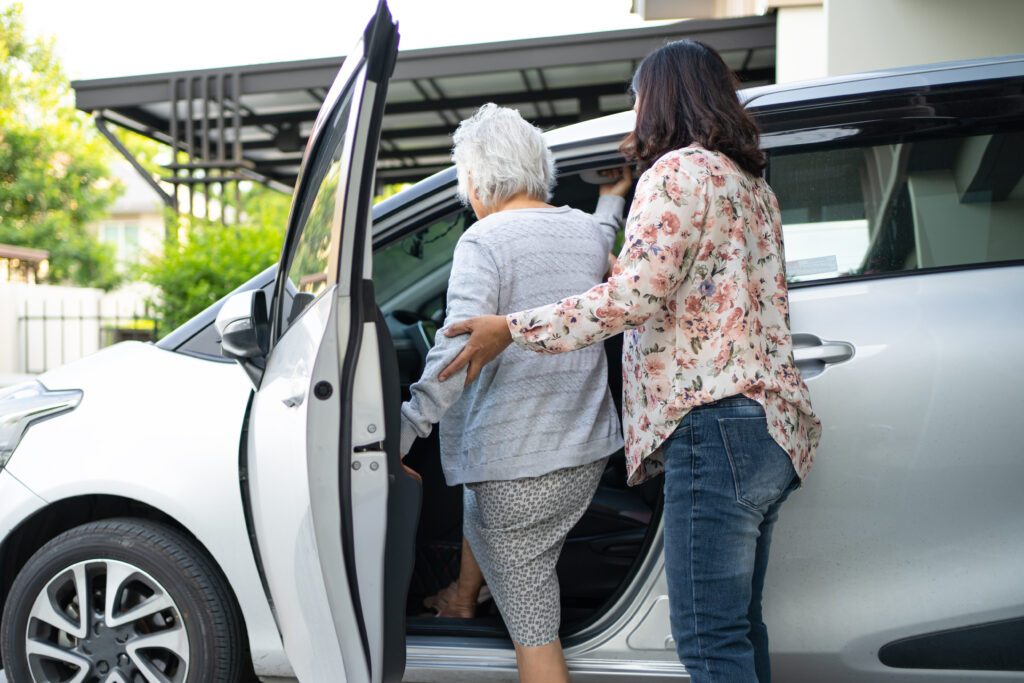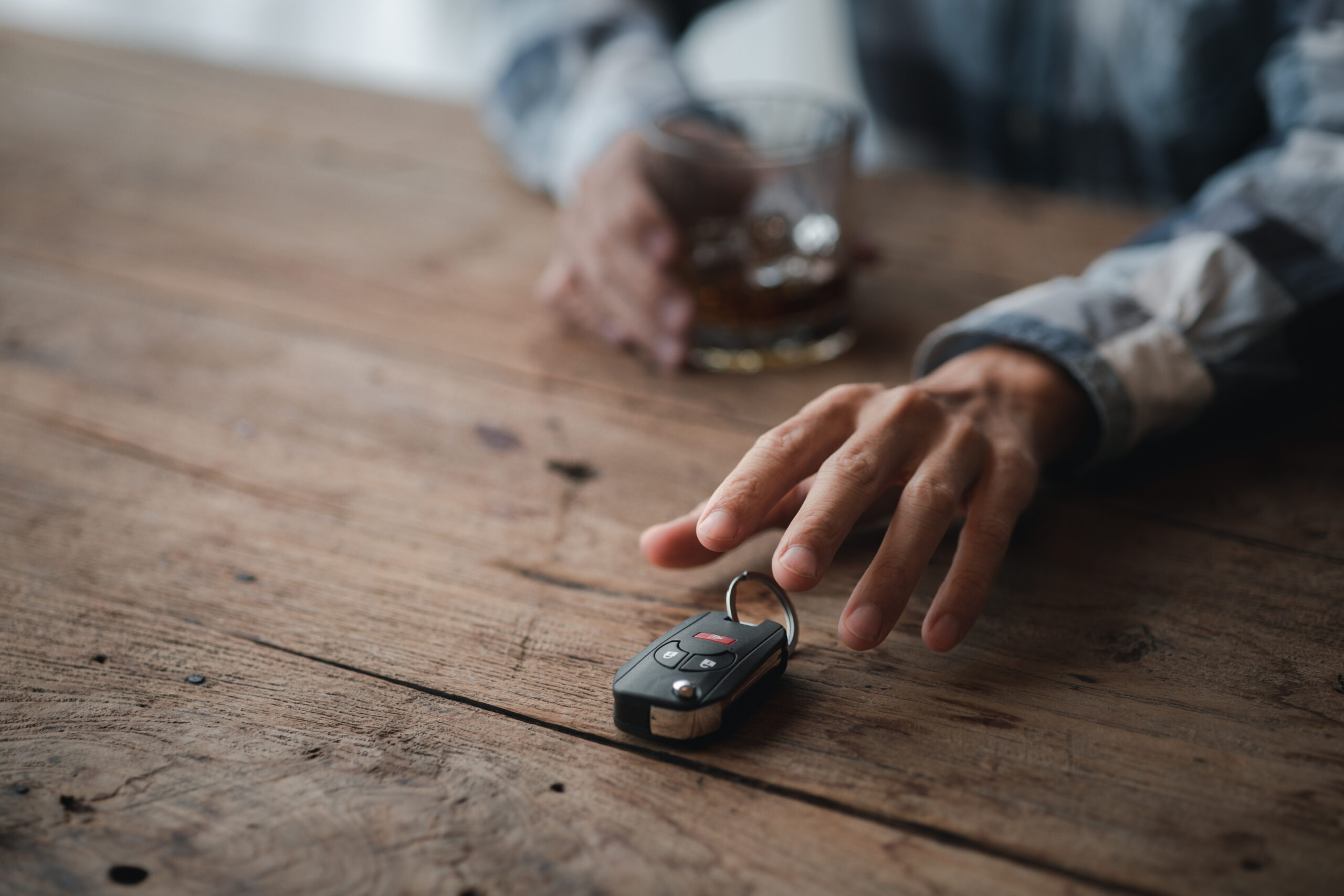The ability to drive is often intertwined with our sense of independence and freedom. For many elderly individuals, the idea of relinquishing a driving license symbolises a significant shift in their life stage, potentially impacting their self-esteem and autonomy. This guide aims to provide families with a compassionate approach to discussing and navigating the delicate process of deciding when it may be time for an elderly loved one to stop driving.
Understanding the Impact of relinquishing a driving license
For seniors, driving is not just about mobility; it’s a deeply ingrained part of their identity. Recognising the emotional and psychological impact this change can bring is the first step in handling the conversation with empathy and care.

Initiating the Conversation
- Choose the Right Time and Place: Start the conversation in a comfortable, private setting where your loved one feels safe and respected.
- Express Concern, Not Criticism: Frame your concerns around safety—both for them and others—rather than focusing on their age or abilities.
- Listen and Validate Feelings: Allow them to express their feelings without judgment. Acknowledge the difficulty of the situation and reassure them of their valued role in the family, regardless of their ability to drive.

Exploring Alternatives
Discussing alternatives to driving before making any decisions can help mitigate feelings of loss. Explore options that maintain independence, such as:
- Public Transportation: If available and accessible, it can offer a sense of freedom without the responsibilities of driving.
- Community Shuttle Services: Many communities offer shuttle services for seniors to essential destinations like grocery stores or medical appointments.
- Ride-Sharing and Taxis: Familiarising your loved one with ride-sharing apps or arranging for a trusted taxi service can provide flexibility and independence.

Legal and Practical Considerations
When the decision has been made, understanding the legal process for surrendering a driving license is important. Each state or country has its procedures, often involving submitting a formal notice to the local driving authority.
The Role of Support Networks
The journey doesn’t end with the decision to stop driving. Ensuring your loved one has a robust support network is crucial for their emotional well-being and social engagement. Encourage family members and friends to offer rides, visit regularly, and include them in social activities to prevent feelings of isolation.
Deciding to relinquish a driving license is a complex, emotionally charged process that affects both the elderly individual and their loved ones. Approaching the conversation with empathy, understanding, and preparedness can make a significant difference. By focusing on safety, exploring alternatives, and reinforcing the value of their presence beyond their ability to drive, families can navigate this transition more smoothly, ensuring their loved ones feel supported and respected throughout.

This transition is an opportunity to redefine independence and ensure your loved one continues to lead a fulfilling life, surrounded by care, understanding, and support.
Need Support at home with your loved one?
If you’re in Kent and looking for professional, compassionate Home care services for your elderly loved ones, especially those facing challenges, look no further than Care in Kent. Our team of dedicated caregivers is trained to provide the support your loved ones need to live safely and comfortably in their own homes. Contact us today to learn how we can assist you in caring for your loved one and ensure they maintain the best possible quality of life.
If you enjoyed this article, please follow us on Facebook for more care updates and insights!


